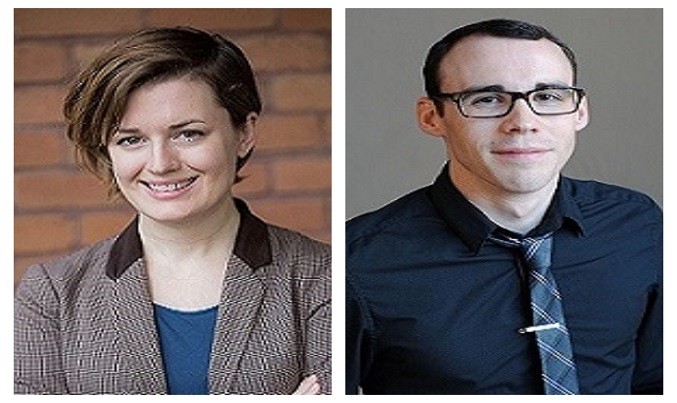My own journey into entrepreneurship had a classic beginning: a period of six months traveling through many developing countries, where I experienced a revelation of opportunities and new challenges. I have a degree in Applied Physics and experience in business development at a research institute and a design agency, so it seemed natural that my passion and skills came together to form ProPortion.
ProPortion’s mission is to enrich the lives of people who earn an average of only €2 (about U$2.2) a day with valuable products and services.
We do this by setting up social enterprises such as Uday in Bangladesh, LegBank in Colombia and Vijana Reloaded in Kenya by offering our creativity and experience to other entrepreneurs, NGOs, investment funds and multinationals.
We have realized that creativity is the key to designing, prototyping and scaling social business strategies successfully. It is also great to see that design-thinking is more and more considered as a must-have mentality and method within organizations.
Integrate the 5 P’s
ProPortion trains lots of young entrepreneurs through a program called Vijana Reloaded in Kenya. Yet, we often see these micro-entrepreneurs with copycat ideas or ideas that do not differentiate them. We have found that integrating intrinsic values with external opportunities enable entrepreneurs to become unique.
From Vijana Reloaded, we have already seen the effect of this 5P model: it converts talented young entrepreneurs in rural Kenya into authentic, motivated and customer oriented social entrepreneurs.
Empathize with your customers
Traditionally, the aid sector has focused on approaching low-income communities purely as ‘victims of poverty.’ But try to take people serious as a customer and everything changes. What is their problem, and more importantly, their desire? And what is behind it? How can you be of value to them? How do you wrap your proposition into a product or service? How can you design it to be affordable and scalable?
As a spin-off from a design agency, we have experienced that Human-Centered Design is a powerful creative methodology to better understand problems in communities and create solutions together that are beautiful, technically feasible and financially sustainable.
Consider circular
It is in our nature as consumers to own stuff. But this approach limits customers as well as entrepreneurs. A one-off purchase might be costly. As an entrepreneur you lose track of your customer, hoping he or she will return to you when the product needs to be replaced. What if you offer the use of your product as a service instead? Could, for example, a subscription model be more affordable? Could that also lead to more frequent customer interaction? Can you save money on materials by recovering and recycling your products?
Despite the complexity and risks like lack of collateral, the principles of circular economy are very inspiring for creating and testing new business models, while having a positive impact on the environment.
Think big, start lean
Think big and set ambitious goals that go beyond your current abilities. This inspires and challenges your team, and it forces you to design a scalable strategy. A powerful approach is Lean Start-up: you develop a prototype with minimal resources. Feedback from the first customers will directly help you to improve it. If they do not like it at all, you go back to your drawing board. Sooner rather than later, it will save you time and money.
Embrace competition
Social entrepreneurship has no competition when it comes to achieving societal impact. Have a collaborative mindset. A social entrepreneur targeting low-income customers with a similar innovative product will only be beneficial to your business: the more enterprises raising awareness among communities, the better. You share the marketing investments among ‘competitors,’ but even better: consumers get a choice, which allows you to better explain your unique product advantages.
Without ‘competitors’ there is no market. So embrace them. A peer entrepreneur will simply inspire you to develop an even better product, service and business model.
We guide them through integrating the 5 P’s.
- What makes you want to jump out of bed each day? Passion. Become aware of your passion.
- Determine your ambition for societal impact and formulate this in a clear company purpose.
- Be aware of your own strength: your power.
- Work in the field to deeply understand the problem that you want to solve.
- Integrate these P’s when formulating your proposition.
Photo: Romado Fermin Javillonar/TPSW Philippines 2012









